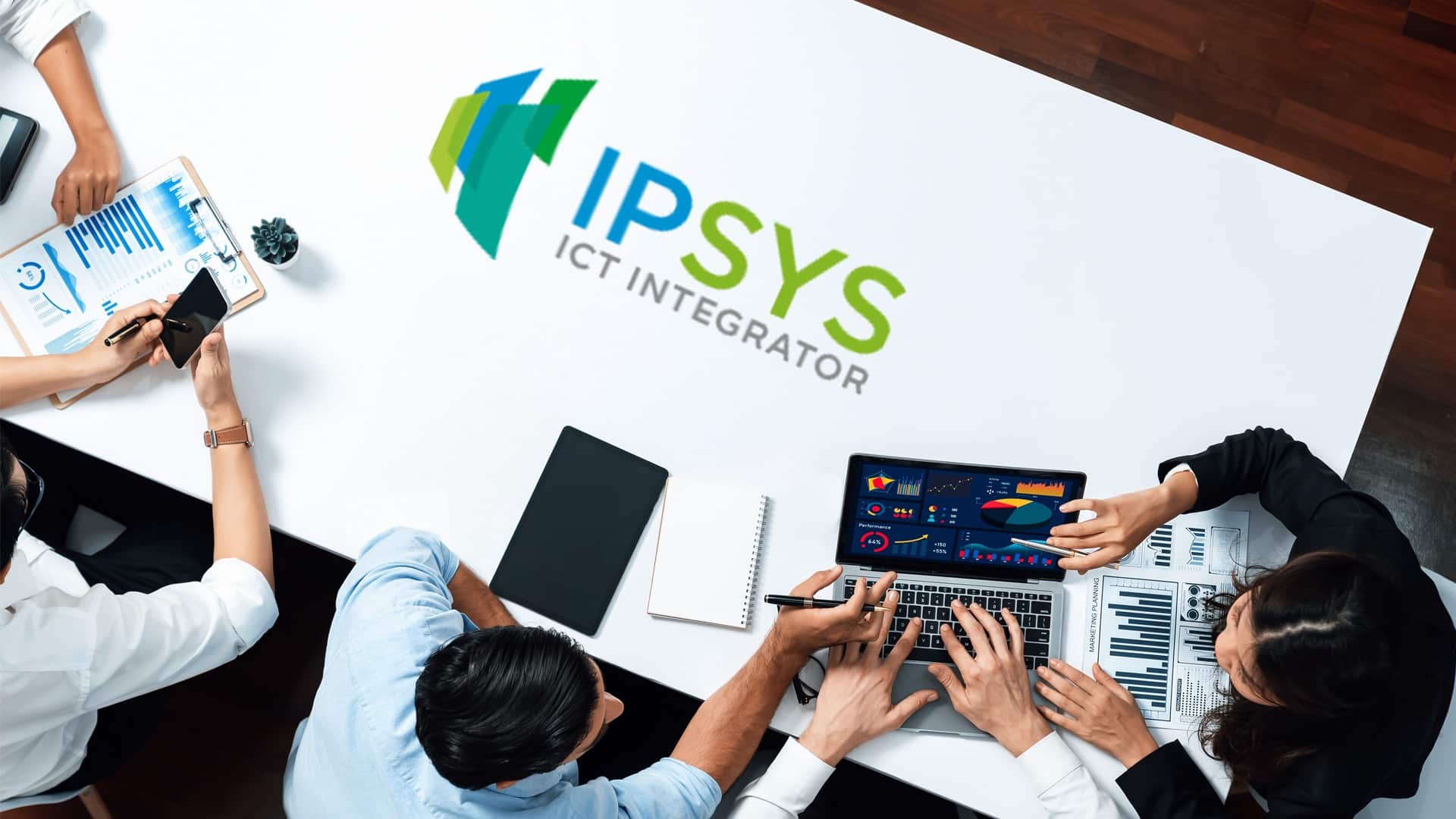This wasn’t the first time we worked with this client. As the majority shareholder of the holding company that owned Risterm, he had already sold two of its subsidiaries with BestValue’s support. In 2020, he contacted us again, this time to sell the group’s last entity: Risterm — a company specialised in industrial valve maintenance, employing around sixty people. Let’s look back on the business transfer process with Antoine Renier, Partner at BestValue and in charge of the project.
Antoine, what were the seller’s expectations?
In this case, the seller was quite flexible about the buyer’s profile. He also wasn’t under time pressure. However, he had one very clear — dare I say non-negotiable — condition: the sale price. He even authorised us to communicate it right from the start, which is rare.
What role did you play as business transfer experts?
I’d say we play several roles. First, we act as informers. By conducting a full diagnosis, we provide the seller with all the information they need to decide whether or not to launch the sale process. This includes the valuation, of course — an estimate of the price the seller can realistically expect. As part of that informer role, we then produce an information memorandum to present the company to prospective buyers. Next comes the time for meetings between the seller and buyer(s). In those early contacts, we often take a step back while still being there if needed. Both sides need to get to know each other and build a relationship without a third party shaping the conversation too early.
Then comes the negotiation phase
After those initial meetings, we step into our main role: negotiator, and at the same time, coach to the seller. We work to collect the best offers, analyse them according to the type of deal (sale of the holding company or the operating company, with or without real estate), and advise the seller on which offer is most interesting.
Once a buyer is selected, a second round of negotiation begins — longer, more intense. That’s when we act as facilitators. Reaching this stage means things have gone well so far — and yet, this is often where it gets tough. Emotions tend to run high. Our job is to ease the dialogue, even during difficult conversations where several contractual conditions are discussed in parallel.
We also play the role of translators. Sales agreements are often hard to decipher for those unfamiliar with legal jargon. We translate this technical vocabulary so that the seller fully understands what they’re signing up for.
What was the outcome of Risterm’s sale process?
Risterm was ultimately acquired by a competitor, who made an offer in what we call the “high range.” In such a niche market like industrial valve maintenance, this makes sense: absorbing a competitor into your group can justify a premium price, just to be the chosen buyer.
Being bought by a competitor, is that common?
Yes, quite. With one signature, the buyer strengthens their position in the market, expands their offering, creates synergies across their entities, or simply enjoys not having to deal with that competitor anymore.
Isn’t that a hard option for the seller to accept?
It’s often not the seller’s first choice, that’s true. But it’s not something we recommend ruling out too early. After all, who’s better equipped to ensure your company’s future than someone in the same field?
In Risterm’s case, of the four offers received, three were significantly below what the seller expected. The financial argument made a difference.
When this kind of scenario arises, two things are crucial for us:
-
“It’s not sold until it’s sold”: until the process is fully completed, we strictly limit access to sensitive information. No way we’re handing over the “secret sauce” to a competitor unless we’re sure the deal is going through. If it falls apart, the consequences could be serious.
-
“Selling to a competitor? Fine — but be prepared,” competition between the two might have been fierce for years. Before moving forward, we openly discuss the implications with the seller. We help them anticipate how to handle communications with their team to ensure a smooth transition. Whatever path they choose, it’s vital that the seller feels comfortable with it.
Did working with an expert make a real difference in Risterm’s case?
Without a doubt! A group like Engie usually targets bigger companies than Risterm. Here, they made an exception — not only because it was a particularly smart investment, but also because a business transfer expert had been brought in to manage the deal. For the seller, it’s also reassuring to have guidance and support when negotiating with such a large player. The fact that he came to us for the third time says a lot.
A big thank-you to all the parties involved for their trust throughout the process — and to everyone who helped make the deal happen, including Maître Deprez (Cabinet Taquet, Clesse & Van Eeckhoutte à Liège).





